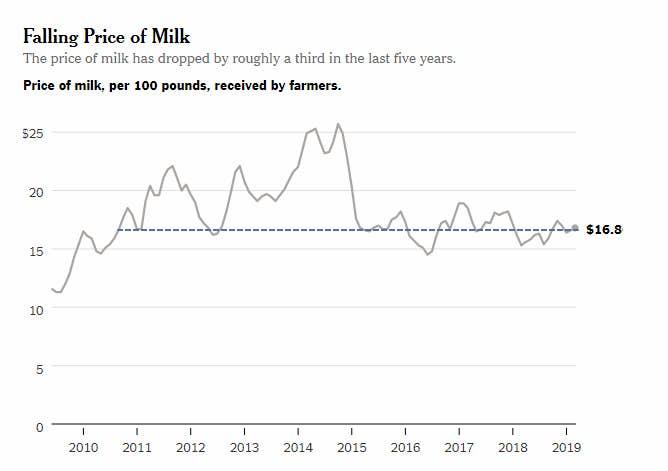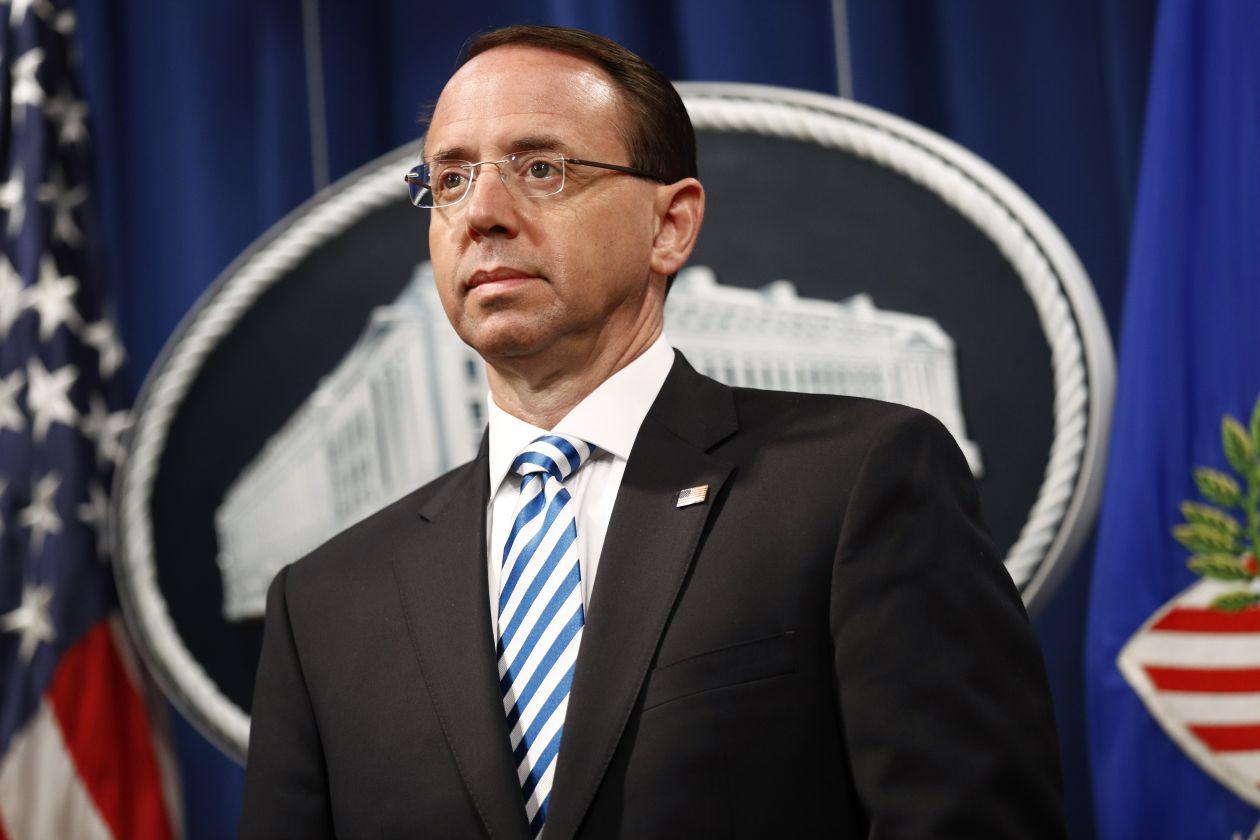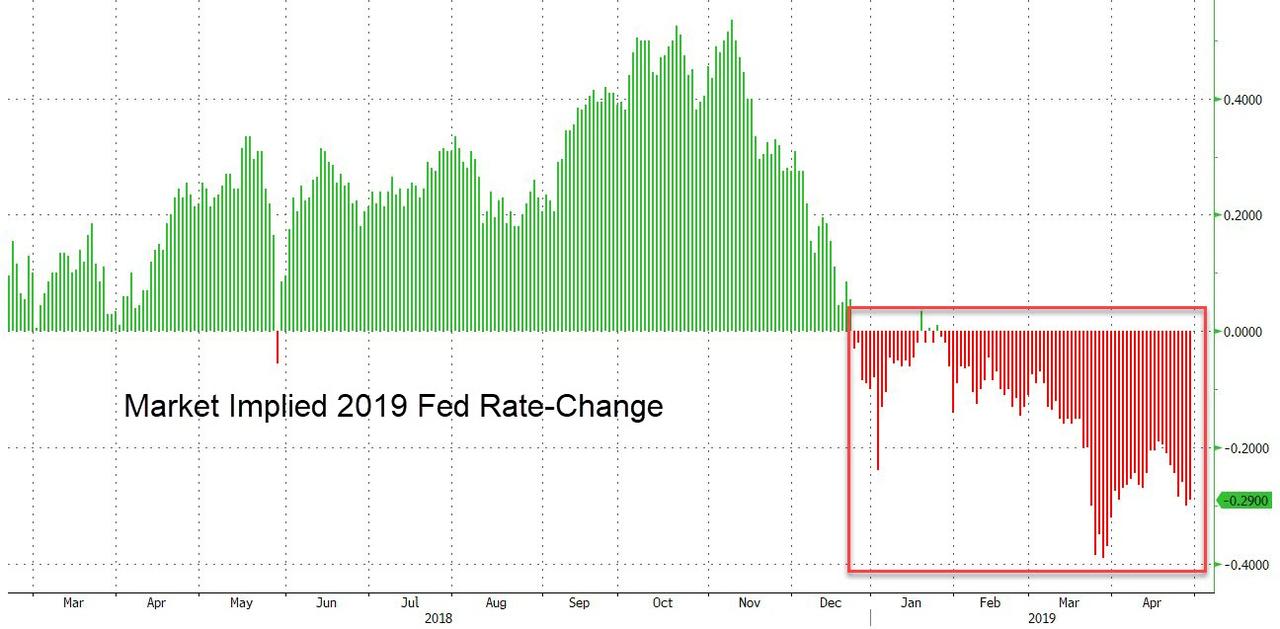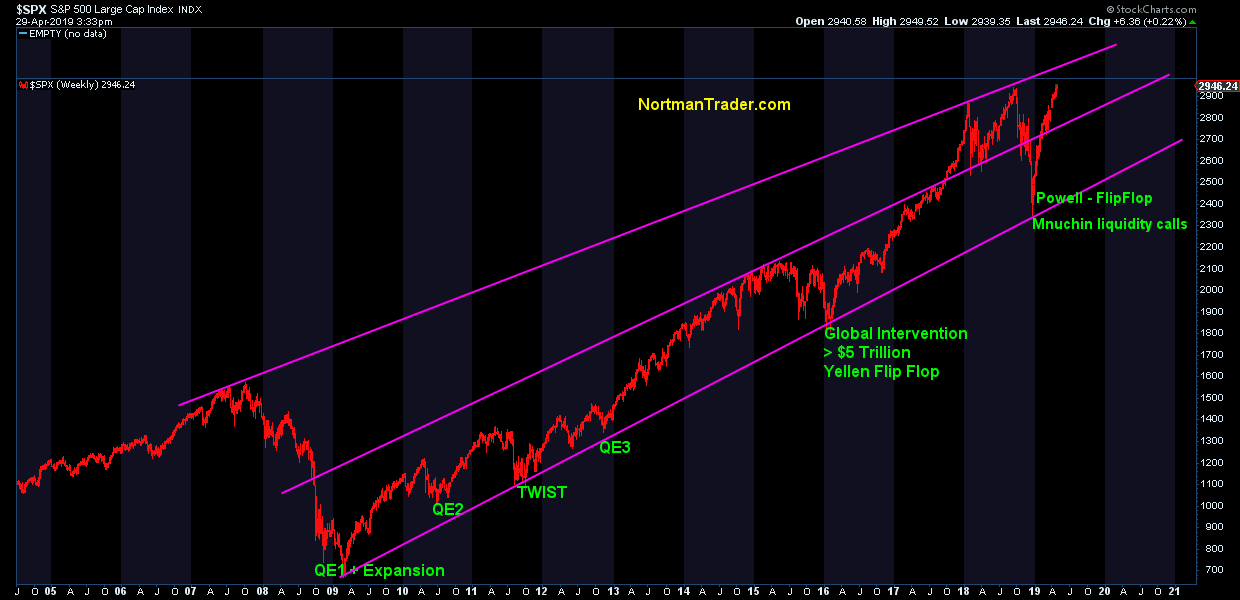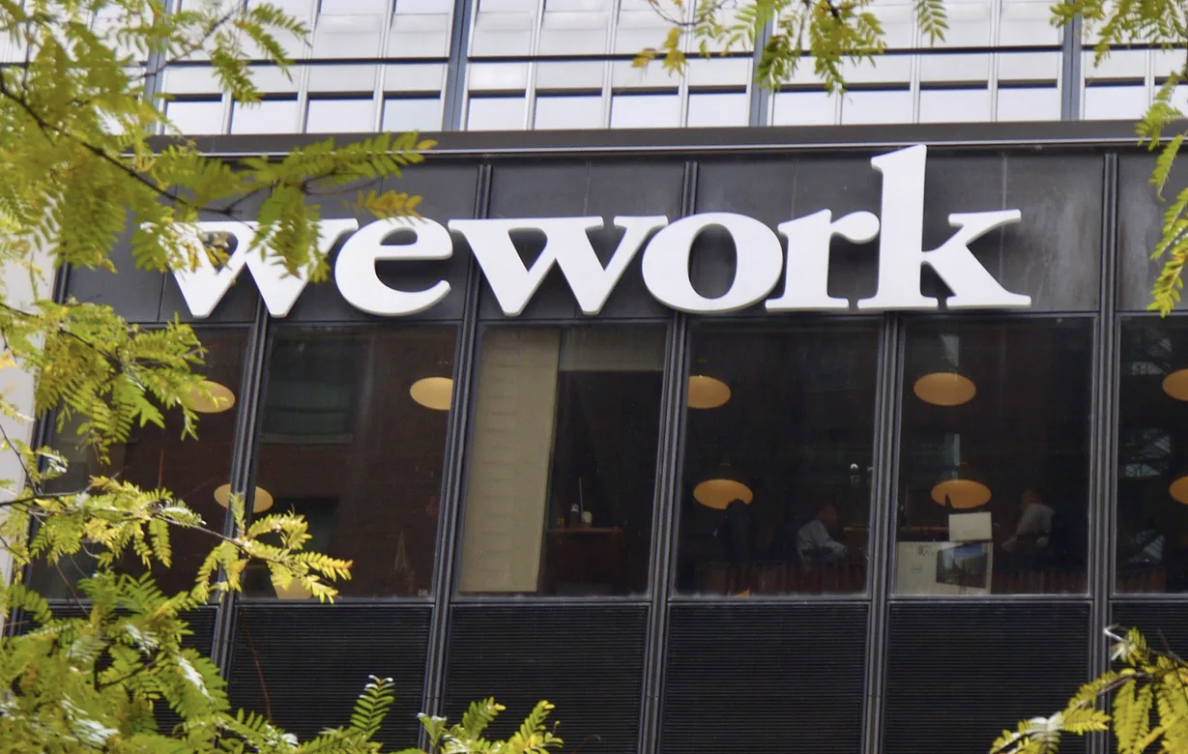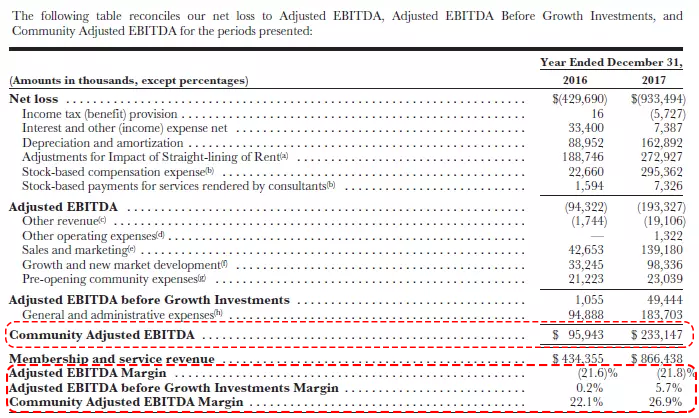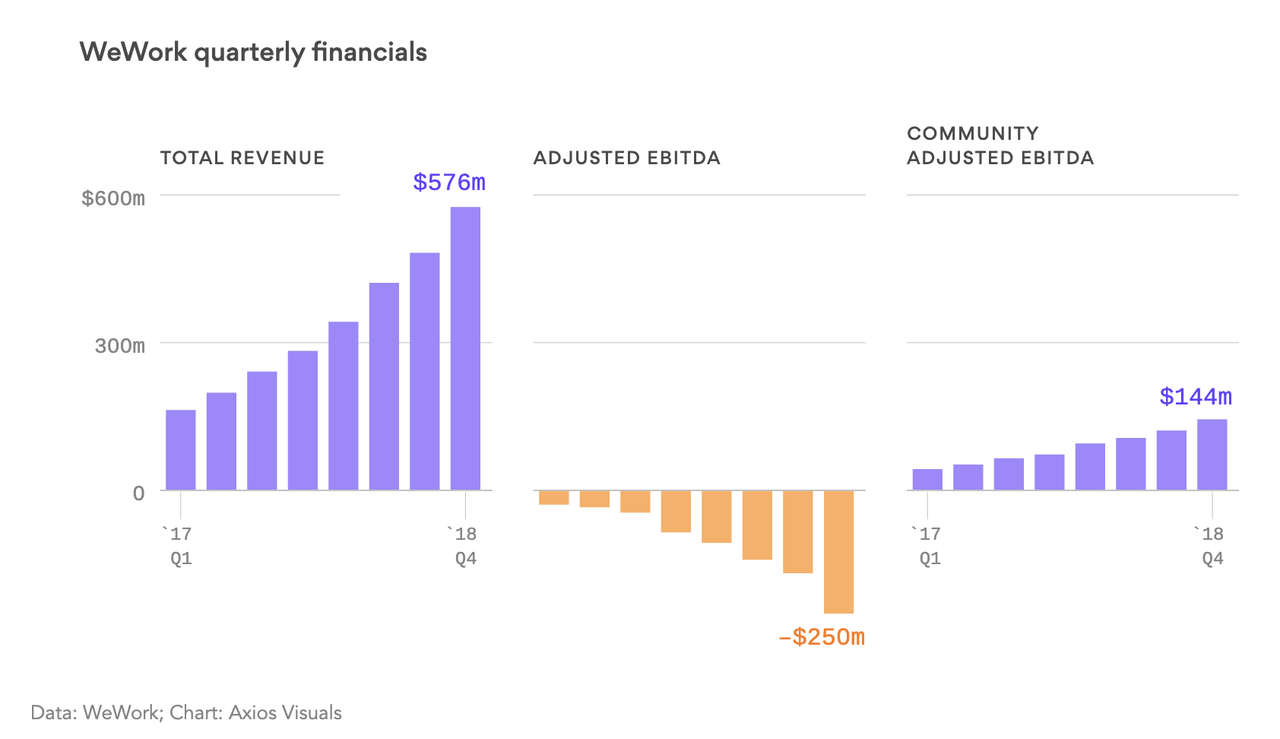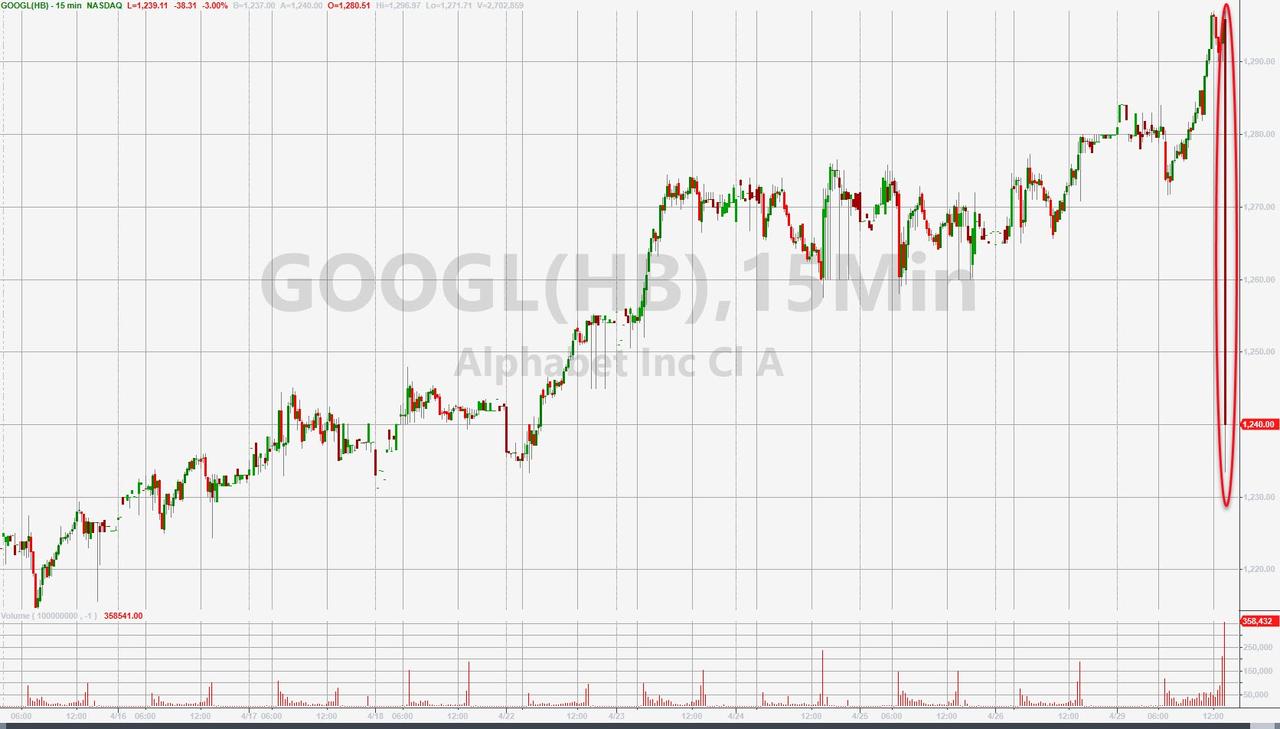Authored by Mike Shedlock via MishTalk,
A perfect storm hit Wisconsin dairy farms: Overproduction, Bad Decisions, Trump’s Tariffs
A trio of major errors hit Wisconsin dairy farmers, but the last one, Trump’s tariffs, was the final straw threw many Wisconsin farmers into bankruptcy.
Please consider Stung by Trump’s Trade Wars, Wisconsin’s Milk Farmers Face Extinction.
For decades, Denise and Tom Murray rose before 5 a.m. and shuffled through mud and snow to milk cows on the farm that has been in their family since 1939. This month, after years of falling milk prices and mounting debt, the Murrays sold their last milk cow, taking pictures while holding back tears as the final one was loaded onto a truck and taken away.
“It’s awful hard to see them go out the last time,” said Ms. Murray, 53. “It’s scary because you don’t know what your next paycheck is going to be.”
Over the past two years, nearly 1,200 of the state’s dairy farms have stopped milking cows and so far this year, another 212 have disappeared, with many shifting production to beef or vegetables. The total number of herds in Wisconsin is now below 8,000 — about half as many as 15 years ago. In 2018, 49 Wisconsin farms filed for bankruptcy — the highest of any state in the country, according to the American Farm Bureau Federation.
Short-Term Pain Nonsense
Trump pleads that it’s short-term pain for long-term gain. But it’s tough to see any long-term gain when the intermediate term is bankruptcy.
The Murray’s received all of $400 from Trump’s farm aid package. “In every aspect, it’s not worth it — it’s not worth the fight,” said Mr. Murray.
Price of Milk
The price of milk is about where it was in mid-2010. The price has gone essentially nowhere since late-2014.
The price of new equipment and services and have gone up.
Final Straw
Trump’s the trade wars were the final straw.
-
The new North American trade deal, which is supposed to give dairy farmers more access to Canada’s tightly controlled market, has yet to be ratified by Congress and may never be approved given Democratic opposition.
-
Mr. Trump has yet to remove his metal tariffs on trading partners like Europe, Canada and Mexico, which refuse to lift their retaliatory tariffs [on agricultural goods] until those levies come off.
Overproduction
In 2012, Mr. Walker put into place a program to encourage dairy farmers to step up production with the goal of producing 30 billion pounds of milk a year by 2020. That was easily accomplished by 2016, but the oversupply crippled the industry.
“He wanted to put Wisconsin back into the lead in milk production over California,” said Joel Greeno, a dairy farmer and the president of the Wisconsin advocacy group Family Farm Defenders. “It was more an example of arrogance than practicality.”
Supply Management
Many farmers favor the idea of a supply management program for dairy like the one Canada uses, but the Trump administration has not supported such a program.
Stop the Meddling!
-
Trump’s tariffs and the counter-tariffs have killed farmers. End the tariffs.
-
Stop production goals.
-
Stop worrying about which state is number one.
-
Stop nonsense about supply management programs.
If some farmers still go under, well too bad.
Nobody guarantees programmers a job. Nobody should guarantee farmers a job either.
Let’s not turn the US into France in a misguided effort to save the family farm.
via ZeroHedge News http://bit.ly/2J0P7fu Tyler Durden

